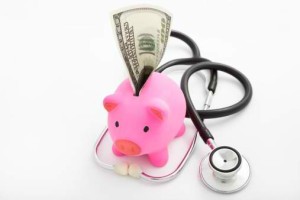If you seek healthier mouth, preventive dentistry can be a great option. Why? Analysts stated, prevention is better than cure. Preventive or preventative dentistry is considered as a sure win option. Aside from securing your oral health, it also does secure your wallet. Unfortunately, this option is considered useless by many. This is because dental problems are inevitable. Apparently, this predicament only falls to your behavior. Click the following helpful resources to discover more.
Preventive dentistry lies great responsibility. However, this responsibility also calls for your cooperation. Let’s face the fact; we all know that most individuals who lack proper care have financial issues. Hence, financially strapped individuals are advised to get HSA.
HSA or also known as Health Savings Account is a popular option for those who seek affordable dental treatments. Statistics show about 45 million have no coverage. Number one reason is financial crisis. But since HSA is already here, there’s no more reason to neglect their oral health. Health Savings Account is a specialized savings account that allows patients to pay dental expenses sensibly. This savings account is a tax-free basis. It covers a wide variety of dental treatments, including preventive treatment options. These medications involve teeth cleaning and fluoride treatments.
Way back in 2003, Health Savings Account is first approved by President Bush. To be specific, this is made to replace the medical savings account system. Considering its tax-advantage feature, 10% of firms offer this type of savings account to their employees in America alone! In times of emergency, HSA is a big advantage. Compared to other traditional plans, this provides huge offers and deductions.
Health Savings Account is a huge plus since it covers restorative medications as well. Restorative dentistry involves treating missing, broken or chipped teeth. Therefore, dentures and implant procedures are applicable. Apart from that, this may also cover cosmetic dentistry. However, this treatment is considered optional. In general, HSA requires direct payments to the dentist. The payments will be tax deductible upon filing your tax. This requires the consumers to total the amount of given deposits and should be included on their 1040 form.
If searching for healthier mouth, HSA is your number one solution. Pay sensibly and be healthy orally!
